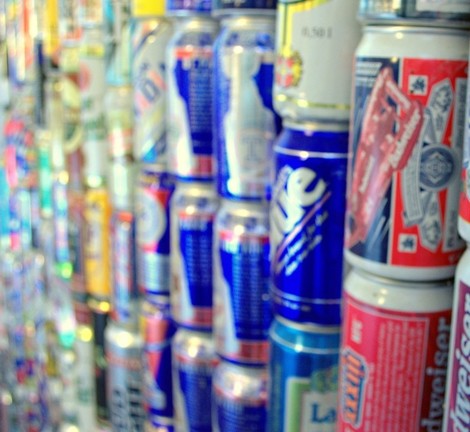Your podcast discovery platform
Curious minds select the most fascinating podcasts from around the world. Discover hand-piqd audio recommendations on your favorite topics.

piqer for: Health and Sanity Boom and bust Climate and Environment
Melissa Hutsell is an award-winning freelance journalist with a deep rooted passion for both community and international journalism. She was born and raised in Northern California, and has lived, studied, worked, and traveled in more 20 different countries. Melissa holds a Master's degree in Global Journalism from City University London, as well as degrees in Journalism and Globalization from Humboldt State University. Though she covers various topics as both a writer and editor, she specializes in business and cannabis journalism.
Drunkorexia: A Link Between Eating Disorders And Substance Abuse?
This episode of "Stuff Mom Never Told You" examines Drunkorexia, a recently coined term that describes the act of replacing calories from food with alcohol.
The term was created in 2008 to describe people who intentionally drink on empty stomachs. Some do it to save money; others do it to save calories, explains Kristin and Caroline, the podcast's hosts.
Though it's a new term ... it's an old habit, especially among college students and celebrities. But ... is it just another word to describe anorexia, or "man-orexia"? Both are eating disorders, sure. However, drunkorexia highlights the link between eating disorders and substance abuse.
Studies, including research released by the National Center on Addiction and Drug Abuse, found 50 percent of those suffering from eating disorders also abused alcohol or drugs (compared to 9 percent of the general population).
Another study from the University of Missouri, Columbia found 60 percent of students surveyed reported saving their meal calories to spend on alcohol. Three times more women reported doing so than men.
But drunkorexia affects both women and men. For males, the podcast reports, it's more financially motivated.
The podcast goes on to further explore the relationship between eating disorders and binge drinking, citing things like anxiety as a motivations (or underlying factors) for both disorders.
Though drunkorexia is not an official medical term, the hosts explain that its use could help bring attention to a behavior that's common, but not commonly addressed.
